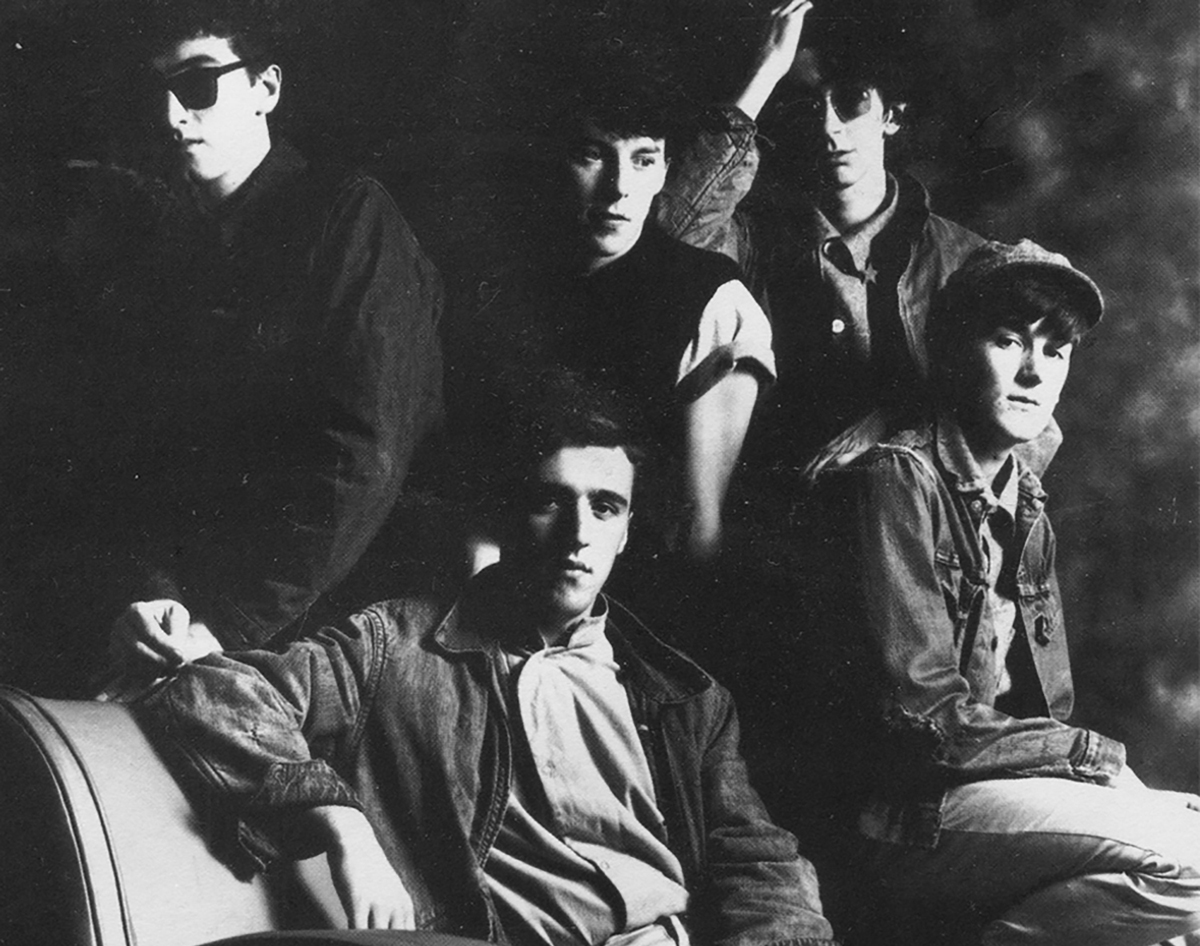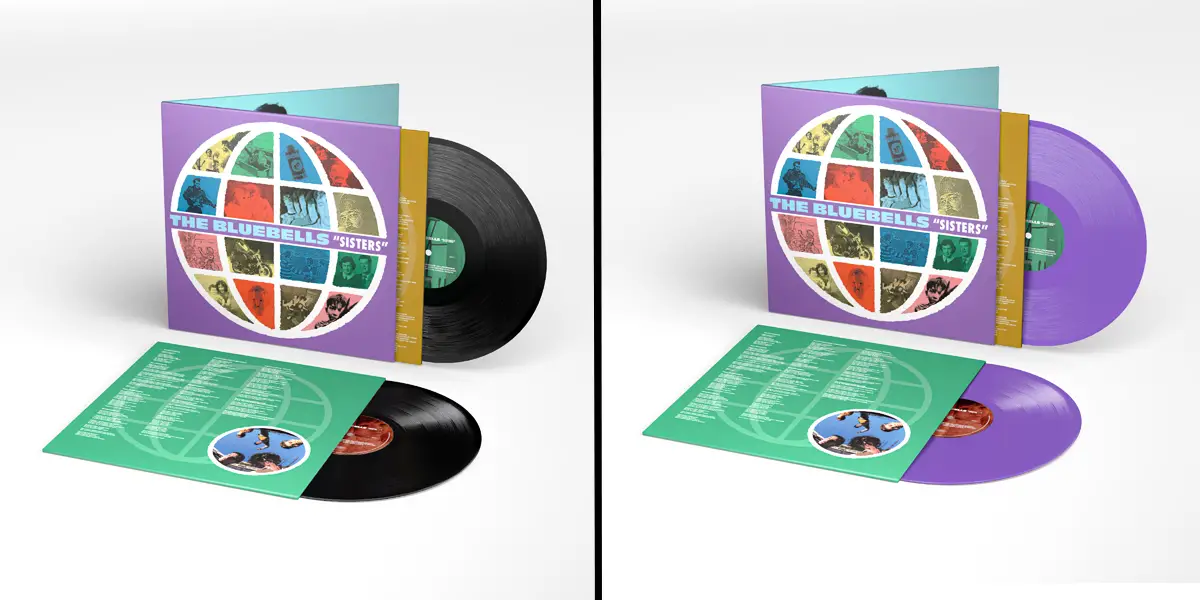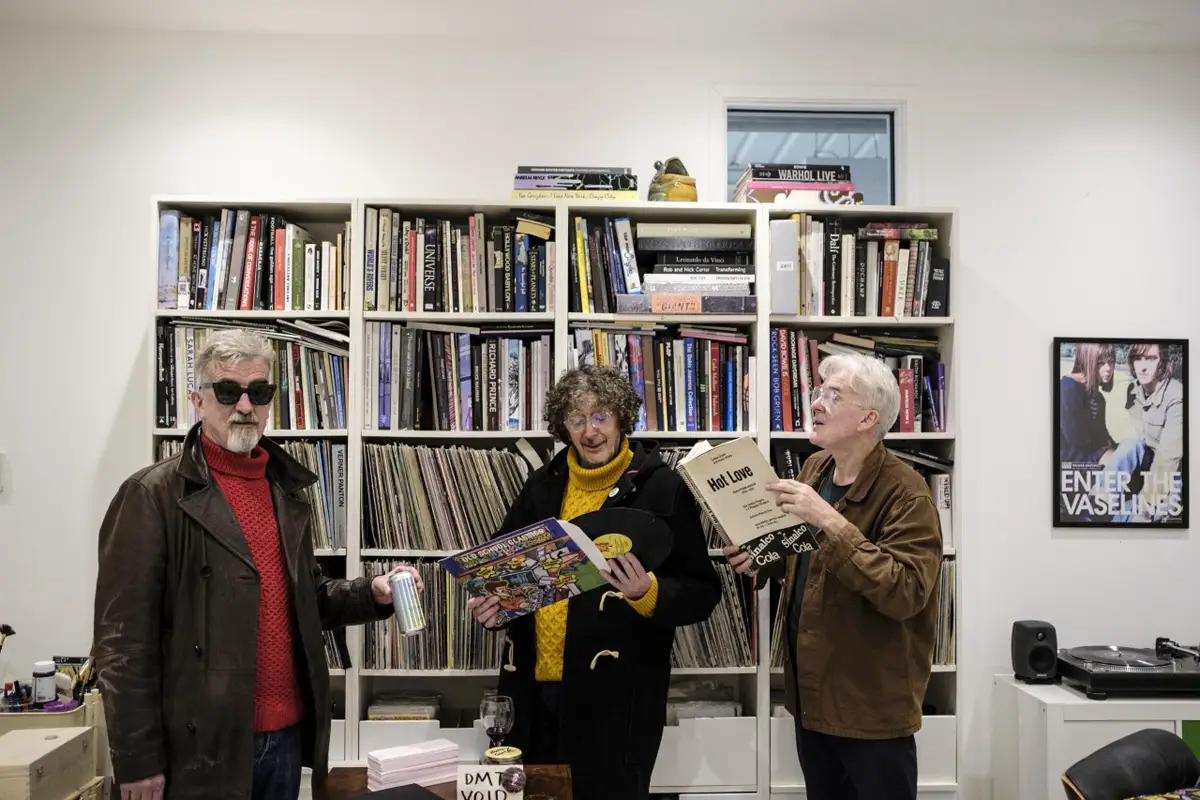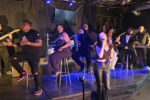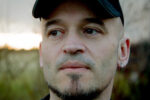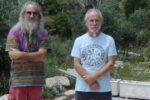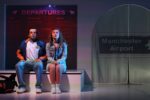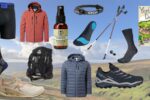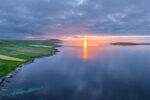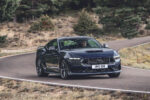An Interview with Ken McCluskey of The Bluebells
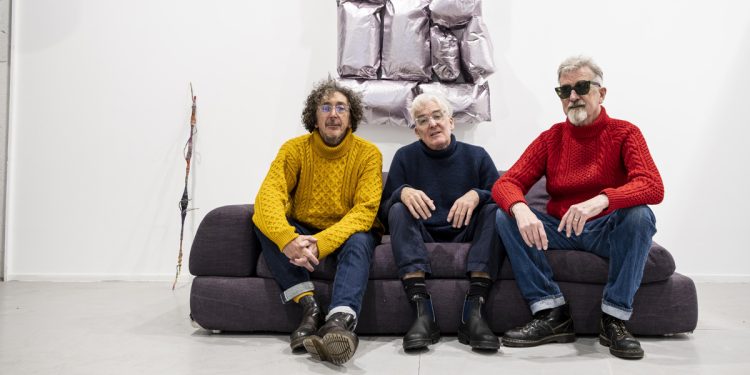
If ‘80’s excess was defined by the likes of Michael Jackson, Duran Duran and Frankie Goes to Hollywood, The Bluebells stood apart. Part of the first wave of early Scottish indie bands, The Bluebells’ upbeat pop, and sunny melodies often carried a more meaningful message.
Now, more than 40 years later, the band have reformed, remastered their 1984 debut album, Sisters, and are back on the road, including a set at this year’s Glastonbury Festival. On Magazine’s David Schuster, talked with vocalist and harmonica player Ken McCluskey (pictured above, right) about the group’s past, present and future plans.
Are you looking forward to touring again with The Bluebells?
Very much, we’ve got a great band together: There’s the three originals, myself, David, my brother and Robert, who’s Bobby Bluebell. Then we’re augmented with Campbell Owens from Aztec Camera, Douglas MacIntyre from Love and Money, and we’ve also got Mick Slaven, who worked with Deacon Blue and Del Amitri. We’re all pals, and all from the same sort of background. Believe it or not, we’re from a punk rock background. I know our music doesn’t sound punk, but we all got into music and started playing when we were about 15. It was 1977, the year of punk rock.
Your 1984 debut album, Sisters, has been remastered, and will be re-released in June.
Yes, but it’s not just the original Sisters, it’s a huge bumper package! It’s a double album, so it’s got the original record with a few additions; ‘Aim in Life’, ‘Some Sweet Day’ and ‘Holland’. Then there’s a second vinyl that comes with it, which is all the b-sides, third tracks, 12 inches and all that. Plus, the CD’s got three CDs and a DVD, which is basically everything we’ve ever done, I think. It’s quite a package, a Bluebells compendium. So it’s for completists or it could be for beginners, whatever way you want to look at it.
“Ahead of its time”
Why was the album called Sisters, in the absence of any female band members?
It’s after a famous painting in Glasgow Art Gallery, which we loved. So, we took it from that. We used it first as the single cover for ‘Cath’. But also it’s a recognition of the influences of our mothers and sisters. We were very influenced from the female side of things, we weren’t trying to be like, you know, macho men or whatever. A wee bit ahead of its time there, that was; to give a shout out to the ladies.
Will you be playing Sisters in full on this tour?
We may do that in the future, but we released another album last year; In the 21st Century. We’re enjoying playing that, and will probably play most it. We play about half of Sisters, and we’re also recording a new album, so we’ve been adding some of the newer ones in as well. But we change the songs every night. We sort of like to mix it up a wee bit, you know.
So there’s a third Bluebells’ album in the pipeline?
We’re just about to mix it actually. We’ve recorded the songs, done the overdubs and all that. It won’t be out until next April, but we’ll give this a wee breather too, for people to have a first listen. Road test a few of the new tracks at the gigs, especially Glastonbury, and we’ve got quite a few other festivals coming up.
Are you looking forward to playing Glastonbury with The Bluebells?
Yes, between stints as The Bluebells, David and I have The McCluskey Brothers. So, we’ve played Glastonbury before; in ‘92 and ‘94. But it was only half the size then. I mean it’s more than doubled in size since I was there. When I was there I really enjoyed it, but then again I was a lot younger then! Our kids are going to go this year, and it’s a good experience. It’s a kind of rite of passage thing, isn’t it? They’re bringing a wee tent, and my brother’s going to go with his kids as well, so if it rains, we’ll go back home, if it’s nice, we’ll stay.
“Complete song”
When you play the older songs again, do you strive to reproduce them as faithfully as possible, or do you like introduce new or amended elements?
To a certain extent, live songs change all the time. And, because some of the tracks are more produced than others, so some of the production side of things change. I mean, some of our tracks are quite smooth and they’re pretty produced, others are kind of loose and more acoustic and more punky. So I think we give them more of a live sound.
Do you have a personal favourite track from Sisters?
My favourite? Probably ‘I’m Falling’, because it was our first collaboration; Robert and I wrote that together. It actually started out as two songs, which we combined. We were young and didn’t know you could do that. We got the idea from Dexys Midnight Runners. Roger Ames was our A&R person at London Records, and he’d worked with them. He said, “That bit’s really good, and that bit’s really good, and that bit’s really good. If you put them all together, you’ll have a great song.” He explained that ‘Come On Eileen’, if you listen to it, is four songs fused together. And, because we were only wee kids, we’re like, “Ah! All right, that’s a good idea!” So sometimes when you think you’ve got a complete song, it’s not complete, it’s all right, but it’s not quite there. It’s a bit like a collage. Yeah, which worked.
How’s the Scottish music scene at the moment, would you say?
Glasgow and the west of Scotland, has always been very much harmony-based and kind of Americana-based. There’s a lot of that kind of stuff, and I’d say there’s still quite a lot of experimental bands. There’s a good few girl bands coming through, and loads and loads of really good singer-songwriters. Indie’s still quite big in Glasgow. I mean the home-made sort of indie, you know, you knit your own shoes, that kind of stuff. Ha-ha. But it’s very healthy, it’s a healthy scene.
“A kind of protest”
Your discography lists a 1992 studio album, titled Second, released only in Japan. Is there a story behind that?
Yeah. What happened was, we’d had a couple of hits, ‘Young at Heart’, ‘I’m Falling’, and ‘Cath’ was a bit of a hit. Then we were away touring for a year. When we came back, Roger Ames, who was an A&R person for London Records, had become the Managing Director of Warner Brothers, and he’d taken all the staff with him. All the secretaries, all the A&R people, everything! When we buzzed on the door of London Records, there was a security man, and he’s like, “Who are you?” We eventually got in, and we didn’t know one person in the record company! But, we were still signed to them. So, we made a whole bunch of demos, and they just refused them, one after the other. I think they’d just bought Factory Records, and were focused on New Order, so they didn’t really have a space for us in the schedule. They just kind of kept us hanging on and hanging on. So for about a year all we did was make demos. Eventually, David and I, in 1987, made an album called Aware of All, our first folky one, as a kind of protest really. But then it got a really good review in NME and different places, sold 2,000 a week, and then the record company said, “You shouldn’t be doing this guys, you’re still signed to us.” That was a bit problematic; we couldn’t make records for a couple of years. Then, in a tiny office, in a record shop in Camden Town, we met a guy called Tetsu Nakateni. He had a company called Vinyl Japan UK Limited. (That’s a bit of a conundrum, isn’t it?). We’d moved on, but he was interested in whether we’d got any old Bluebells demos or anything like that. He’s a collector and a bit of a completist. So, I gathered together some old cassette tapes with all our demos for the second album and sent it to him. He made an album out of it, and he called it, appropriately, Second. So, we did get to make that record, and put Second out on a Japanese label. We also re-released Aware of All, on the same label, as The McCluskey Brothers. Then we did a tour, where The McCluskey Brothers supported The Bluebells! Those two, they’re kind of ghost albums, not really officially released in Britain. They were released in Japan, and were licensed here, kind of offshore.
You were 22 when Sisters was first released. If you could go back to that point, would you do anything differently?
Well, I prefer this new version of the record track listing. This time around we had an input into choosing versions of the tracks. There’s always, like, 20 versions of songs with different mixes. We were on tour when the original came out, so the record company picked the mixes. I preferred to be part of compiling the album, as compared to before. We all preferred to be more hands-on. There’s more artistic control now, I think, from the artist’s point of view. And, yeah, there has to be.
For more information on The Bluebells tour and albums visit thebluebellsofficial.com
top image: Brian Sweeney
